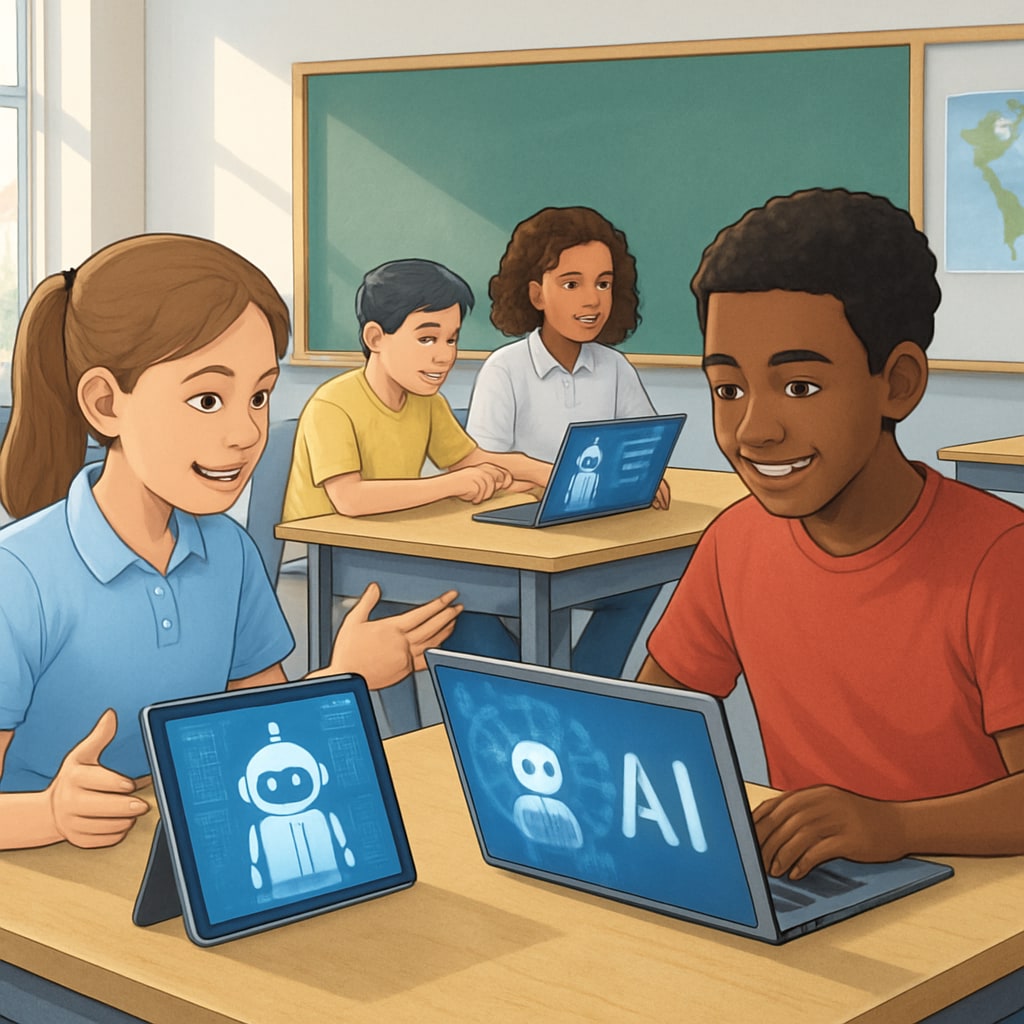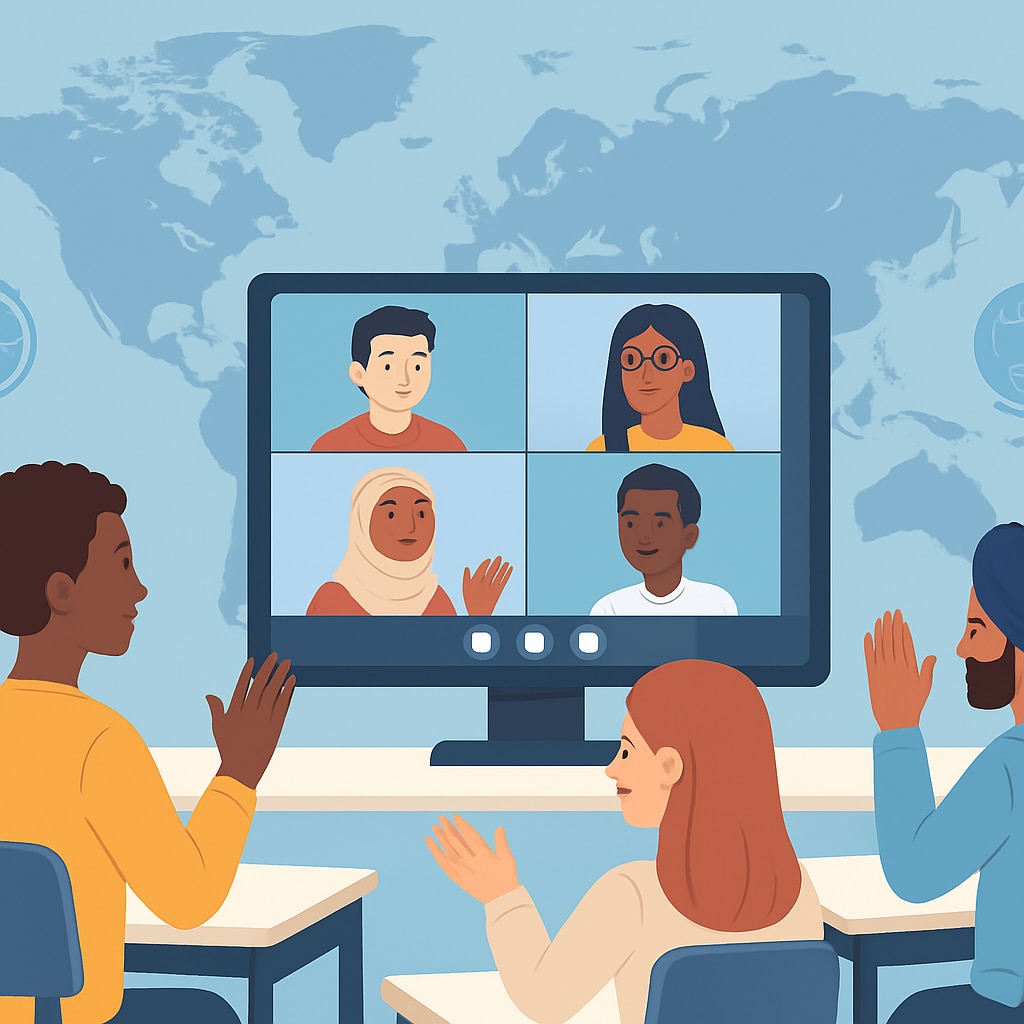Artificial intelligence education, education trends, and 2030 education future are currently shaping the global conversation about the future of learning. The rapid advancements in AI technology and the increasing interconnectedness of the world are transforming how education systems operate. By 2030, K12 education will likely experience profound changes driven by these two forces, offering new opportunities for personalized learning, global collaboration, and innovative teaching methodologies.
Technology Integration: The Role of AI in K12 Education
Artificial intelligence (AI) is already revolutionizing various industries, and education is no exception. In K12 education, AI-powered tools are enabling personalized learning experiences tailored to students’ needs and abilities. For example, adaptive learning platforms can analyze individual progress and adjust content accordingly, ensuring every student receives the support they need to thrive.
Moreover, AI is streamlining administrative tasks, allowing educators to focus more on teaching and mentorship. Automated grading systems, virtual teaching assistants, and predictive analytics are just a few examples of how AI is enhancing efficiency in the classroom.
- Adaptive learning platforms provide tailored content.
- AI-driven analytics help identify students at risk of falling behind.
- Virtual assistants support teachers with administrative duties.

Globalization and Cross-Cultural Collaboration
Globalization is breaking down geographical barriers, enabling students and educators to connect across cultures and continents. By 2030, K12 education is expected to embrace a more global perspective, fostering diversity and inclusion in the curriculum.
Online learning platforms and virtual exchange programs are already paving the way for international collaboration. Students can participate in global projects, learn foreign languages interactively, and engage with peers from different cultures, preparing them for a more interconnected world.
For example:
- Virtual exchange programs allow students to collaborate on international projects.
- Globalized curricula promote cultural awareness and inclusivity.
- Remote learning platforms connect students worldwide.

2030: A Future of Human-Machine Collaboration
As AI becomes more sophisticated, the concept of human-machine collaboration will redefine the classroom experience. Instead of replacing teachers, AI will serve as a powerful tool to complement human expertise. This partnership will create a dynamic learning environment where technology empowers educators to focus on creativity, emotional intelligence, and critical thinking—skills that machines cannot replicate.
For instance, teachers may use AI insights to customize lesson plans based on student data, while students can engage with interactive AI tutors for additional support. This synergy will ensure that education remains both innovative and human-centered.
Key predictions for 2030 include:
- AI-enhanced teaching tools that support creativity and critical thinking.
- Human-machine collaboration in personalized learning experiences.
- Continuous professional development for educators to integrate AI effectively.
As a result, the future of K12 education will depend on leveraging technology while maintaining the essential human elements of teaching, mentoring, and empathy.
Challenges and Ethical Considerations
While the potential of AI and globalization in K12 education is immense, challenges remain. Ethical concerns about data privacy, biases in AI algorithms, and equitable access to technology must be addressed to ensure fair and inclusive education for all. Additionally, educators will need ongoing training to adapt to rapidly changing technologies.
International organizations and governments must collaborate to establish policies that prioritize ethical AI use and bridge the digital divide. Only then can the transformative power of AI and globalization benefit all learners equally.
In conclusion, artificial intelligence education, education trends, and the 2030 education future are shaping a new era of learning. By embracing AI innovations and fostering global connections, K12 education can evolve into a more inclusive, personalized, and collaborative system that prepares students for the challenges of tomorrow.


